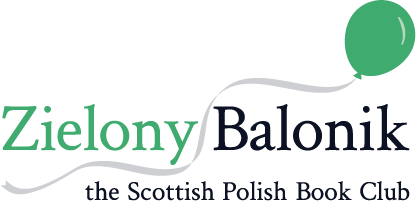During my last visit to Warsaw I needed a haircut. My usual hairdresser was on holidays and I started looking at other salons. Walking along Wilcza Street, I noticed a narrow shop with lots of wood and warm lighting, with a small sign – fryzjer, but no hairdressing activity in site. After some hesitation I went in to explore; yes, It was a hairdresser and a nice young lady at an elegant reception desk invited me for a haircut with Luiza at 7:00pm.
I arrived earlier, and the same receptionist took me through a couple of rooms to a comfortable sofa. I observed Luiza zen-like hair cutting: very, very slowly, with great concentration and attention to almost a single hair. She smiled at me from time to time, as she sensed being observed. A large mug of green tea and a couple of articles later, she sat me in front of a full length mirror to discuss my haircut. On a little transparent table by the mirror, I noticed a small laminated pice of paper with a short text, placed next to a vas with pink carnations. To my astonishment it was a poem ‘Na zewnątrz noc’ (Outside its night) by Tadeusz Borowski, one of my recently re-discovered authors. I was astonished to find poetry and especially Borowski’s poem at the hairdresser! I read the poem a couple of time and realised that it was about the War and his love Maria, whom he followed to Auschwitz. Borowski’s selection of short stories has been translated into English and published by Pengwin Classics This Way to the Gas Ladies and Gentlemen. Continue reading “A Haircut and a Poem”




